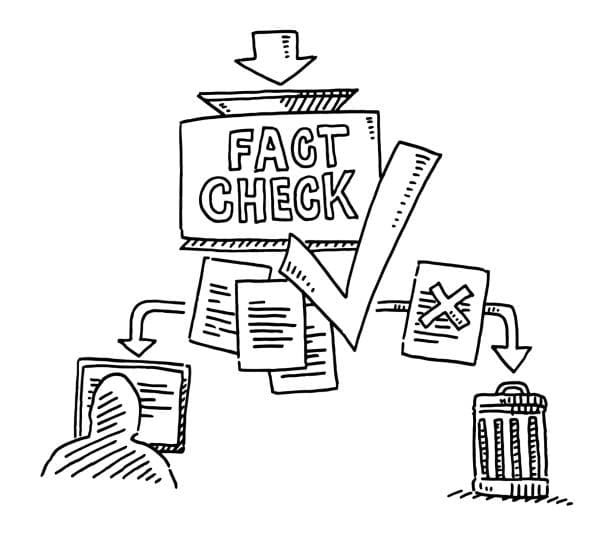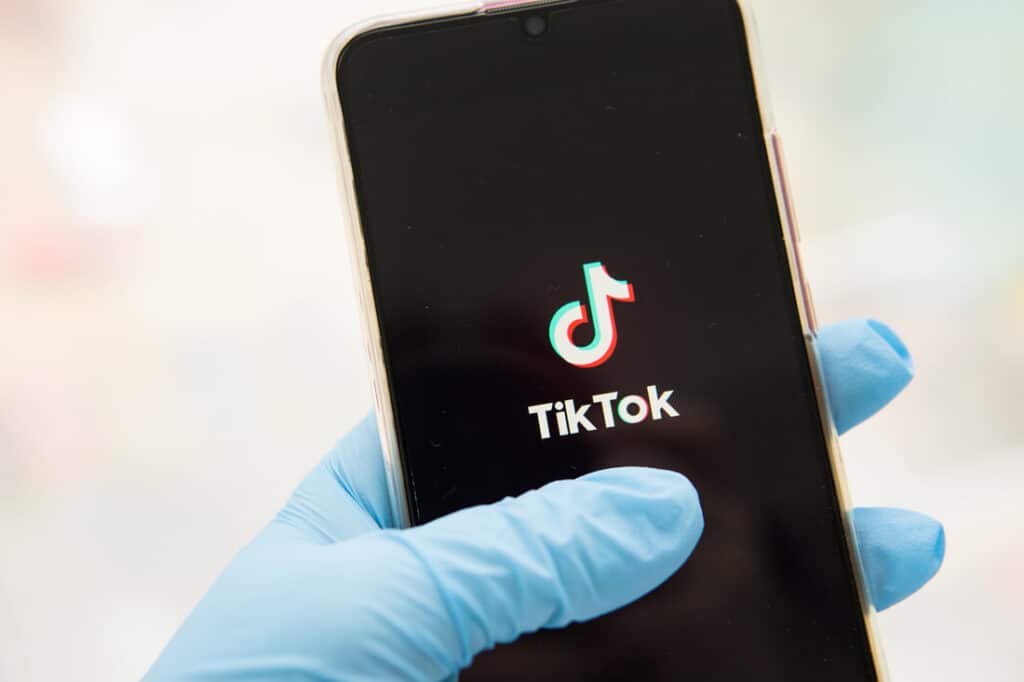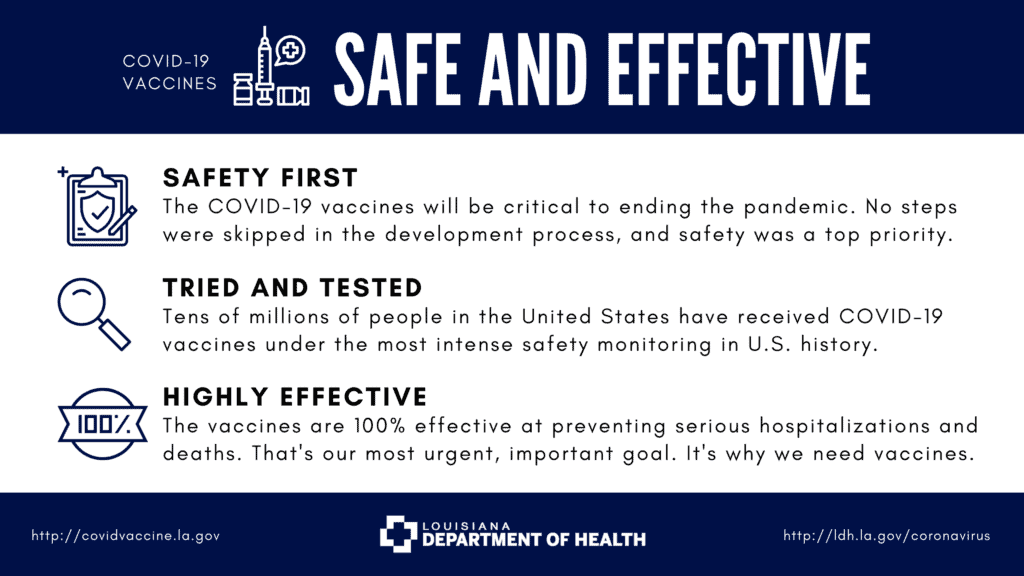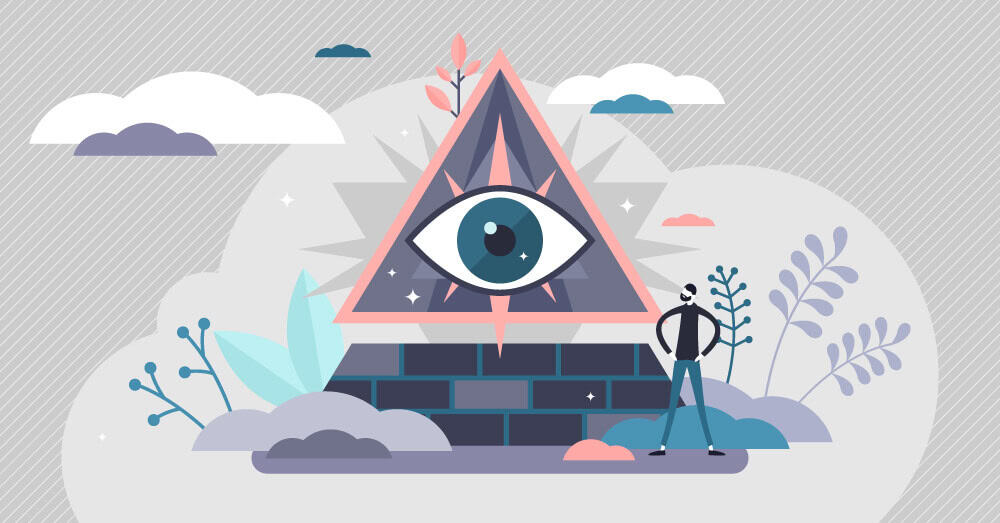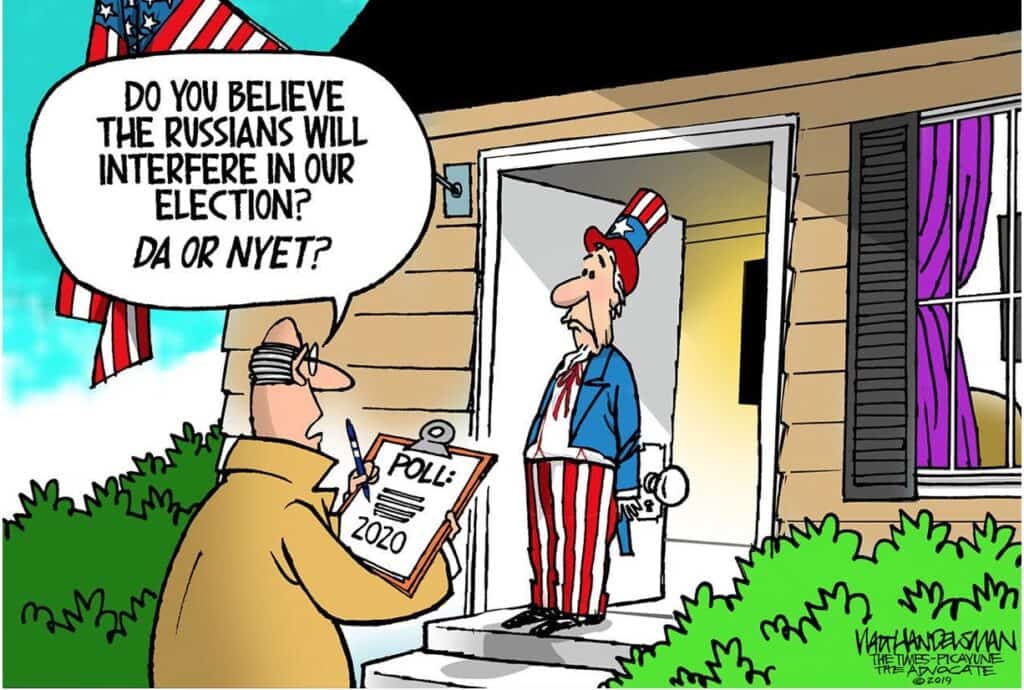How a Fake Bear Blockade Fooled the Internet
Many people fell for the viral bear blockade hoax because it played on emotions, featured a realistic AI-generated image, and mimicked real news headlines. Animal stories are especially effective at spreading online due to their emotional pull, and when satire is shared without context, it often blurs the line between humor and fact.


